National Stadium, Karachi
Videos
Page
The National Stadium, now known as National Bank Cricket Arena for sponsorship reasons, is a cricket stadium in Karachi, Sindh, Pakistan, owned by the Pakistan Cricket Board. It is the home ground of the Karachi Kings franchise in Pakistan Super League and of many other domestic cricket teams in Sindh. It is the largest cricket stadium in Pakistan with a capacity to accommodate 34,000 spectators. It was built in the early 1950s under the supervision of senior civil engineer Mr. Abdul Rasheed Khan (WP) and Mr. Kafiluddin (EP), and was formally inaugurated in April 1955. In October 2022, the National Bank of Pakistan and the PCB agreed to a five-year naming-rights agreement, and the Stadium got its new title, National Bank Cricket Arena.
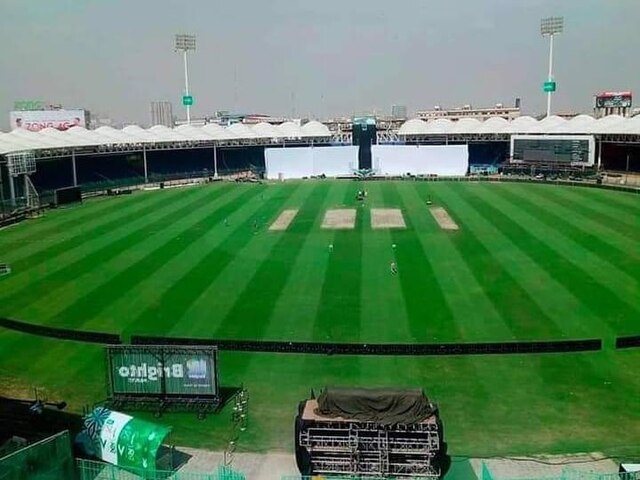
The stadium on a match-day in February 2020
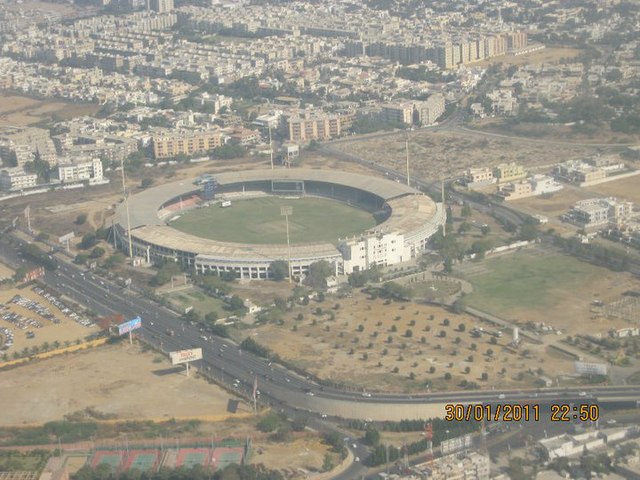
Bird's-eye view of the stadium in 2011
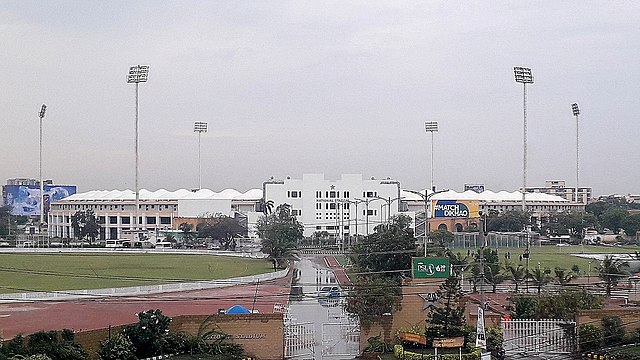
National Stadium after renovation prepared for PSL 6
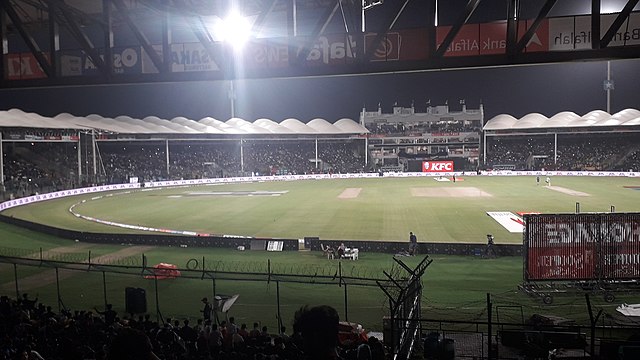
National Stadium from spectators view
Karachi Kings
Videos
Page
Karachi Kings is a Pakistani professional franchise Twenty20 cricket team that competes in the Pakistan Super League (PSL). The team is based in Karachi, the provincial capital of Sindh, and was formed in 2015 by the Pakistan Cricket Board (PCB). The team's home ground is the National Stadium.
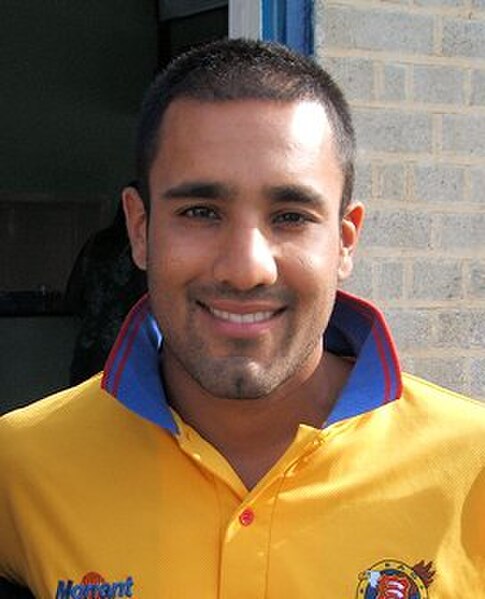
Ravi Bopara was the player of the tournament in the 2016 PSL, after achieving superb batting and bowling performances.

Shahid Afridi joined the team as president and player for 2018.